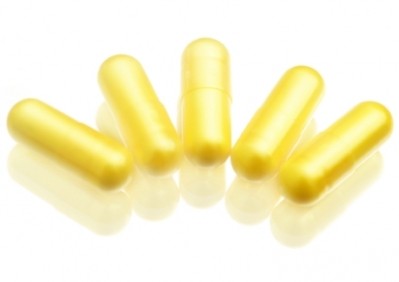Maternal vitamin D backed to help build better baby brain
The population-based study investigated the association between maternal vitamin D levels and their children’s development in over 1,800 expectant mothers and babies.
Writing in the journal Pediatrics, the Spanish research team reveal that mothers-to-be with low plasma levels of 25-hydroxyvitamin D3 – referred to as 25(OH)D3 – in the first trimester of pregnancy were associated with babies with reduced brain development and motor skills.
“Higher circulating concentration of maternal 25(OH)D3 in pregnancy was associated with improved mental and psychomotor development in infants,” explained the research team – led by Dr. Eva Morales, from the Center for Research in Environmental Epidemiology, Spain.
"These differences in the mental and psychomotor development scores do not likely make any difference at the individual level, but might have an important impact at the population level," added Morales.
Study details
In the current study, Morales and her colleagues measured vitamin D levels in 1,820 pregnant women living in four areas of Spain – all of whom form part of the INfancia y Medio Ambiente Project.
The data showed that 20% of the women were vitamin D-deficient and another 32% had insufficient levels of the vitamin. The researchers revealed that the babies of mothers whose prenatal vitamin D level was deficient scored around 2.6 points lower on a mental test and 2.3 points lower on psychomotor tests at the age of 14 months when compared to the children of women who had adequate vitamin D levels.
After adjustment for potential confounders, infants of mothers with 25(OH)D3 concentrations in pregnancy more than 30 ng/mL showed higher mental score and higher psychomotor score in comparison with those of mothers with 25(OH)D3 concentrations less than 20 ng/mL. The team added that a linear relationship between maternal 25(OH)D3 status and mental and psychomotor scores in the offspring was found.
Morales noted that differences of four and five points in such neurological tests could result in a halving of the number of children with above-average IQ scores (defined as above 110 points).
Source: Pediatrics
Published online ahead of print, doi: 10.1542/peds.2011-3289.
“Circulating 25-Hydroxyvitamin D3 in Pregnancy and Infant Neuropsychological Development”
Authors: Eva Morales, Mònica Guxens, Sabrina Llop, Clara L. Rodríguez-Bernal, Adonina Tardón, et al














